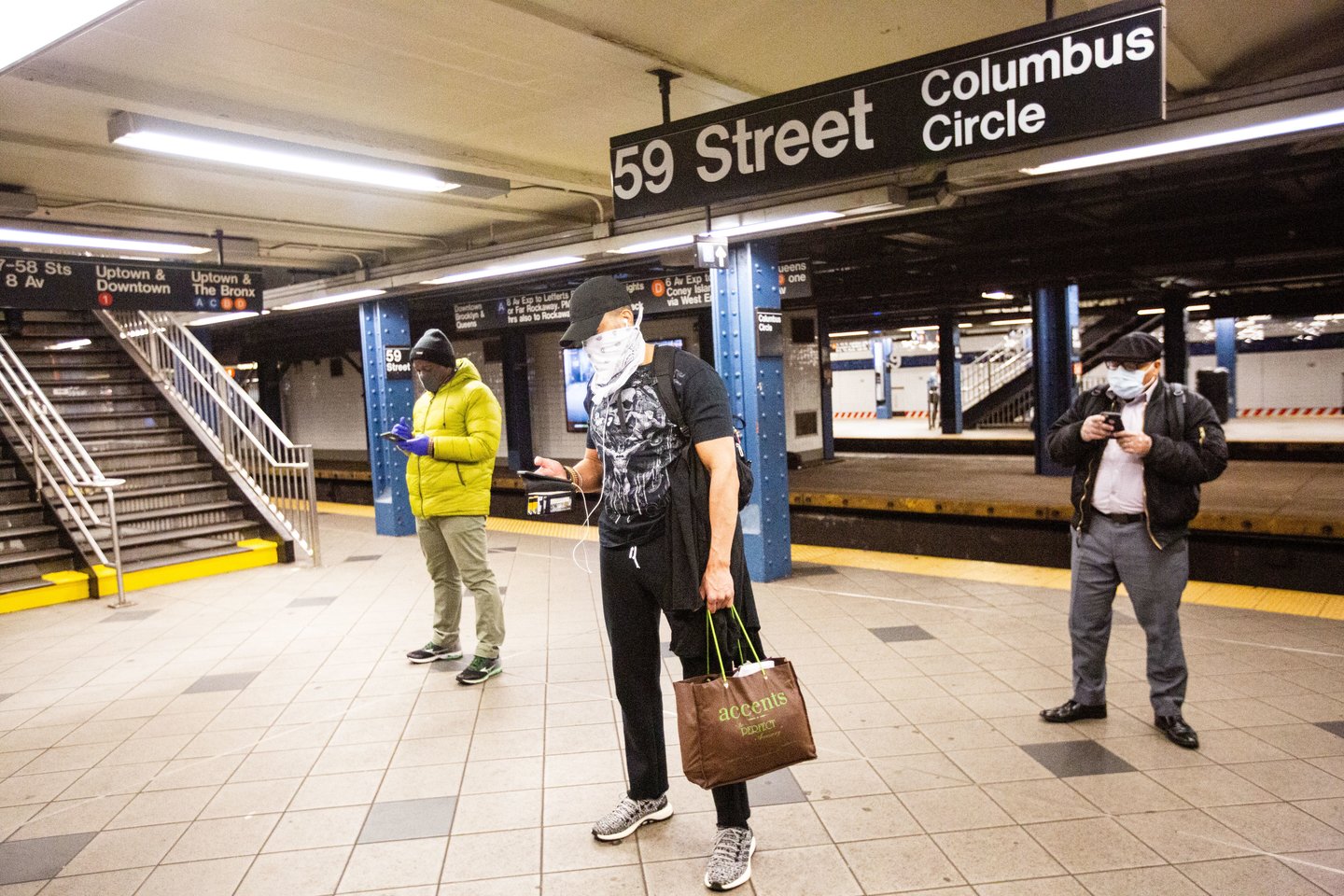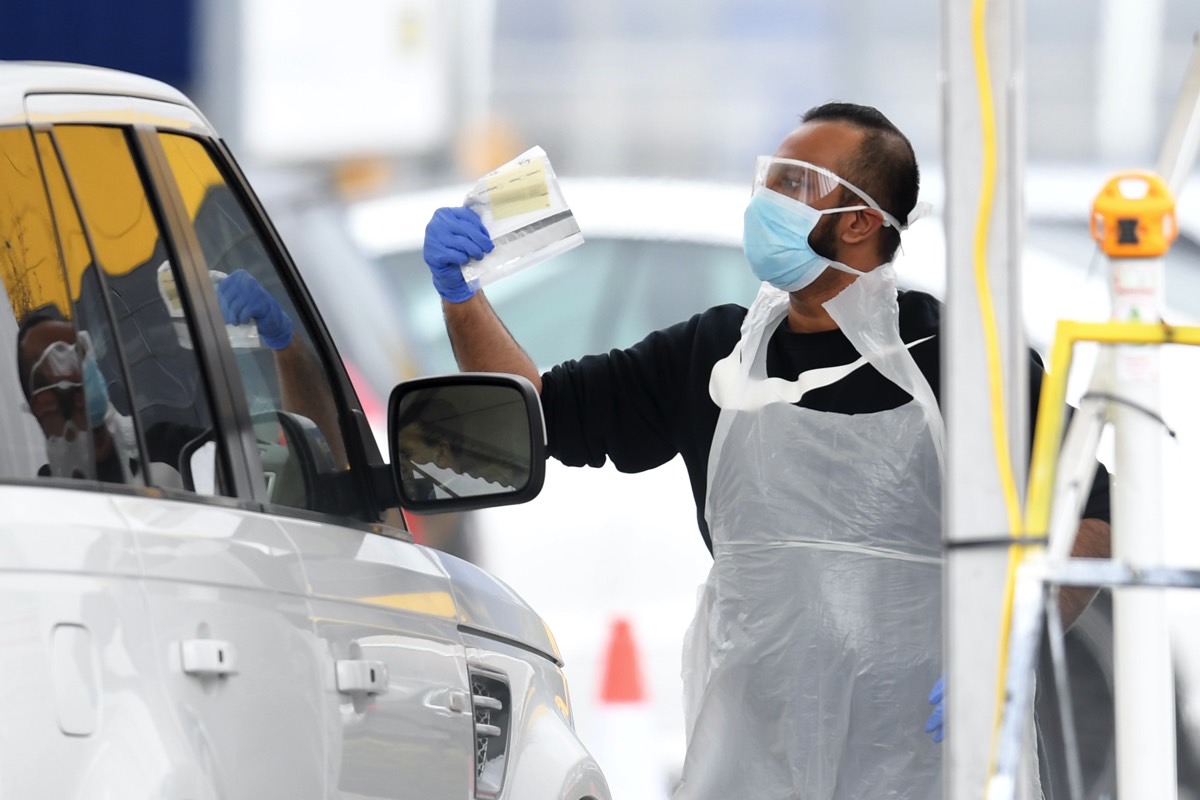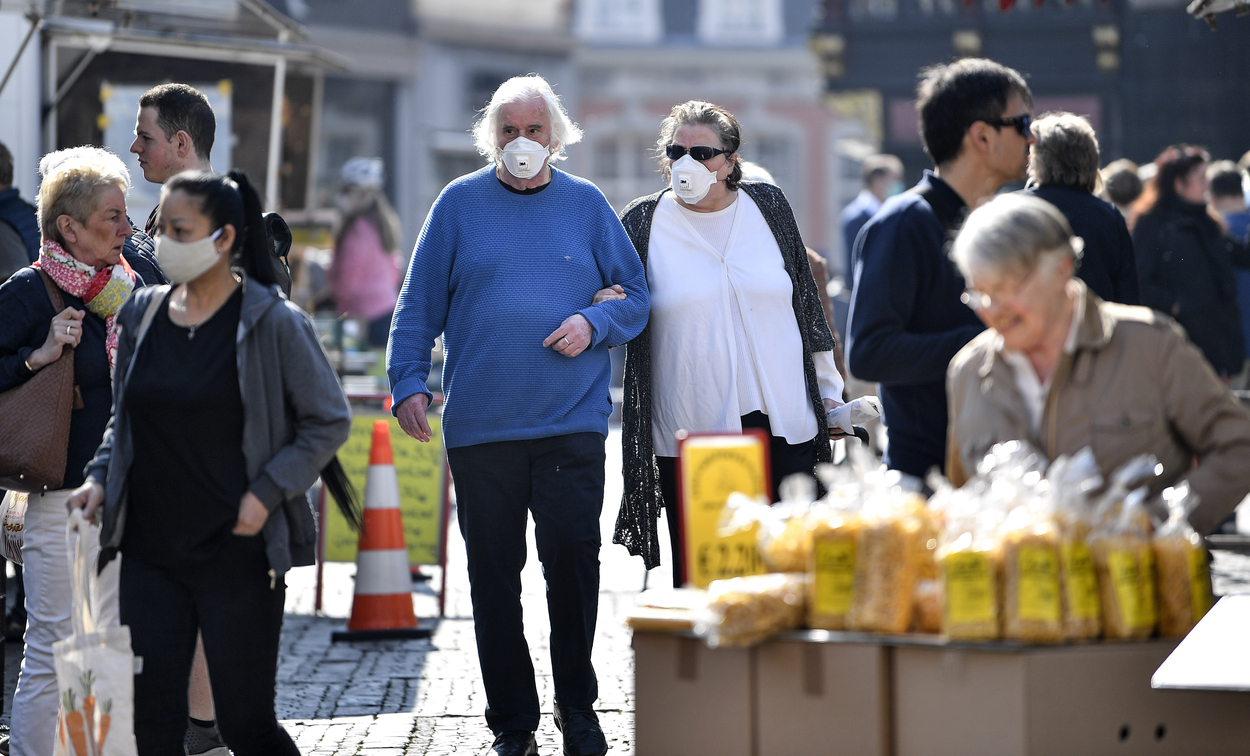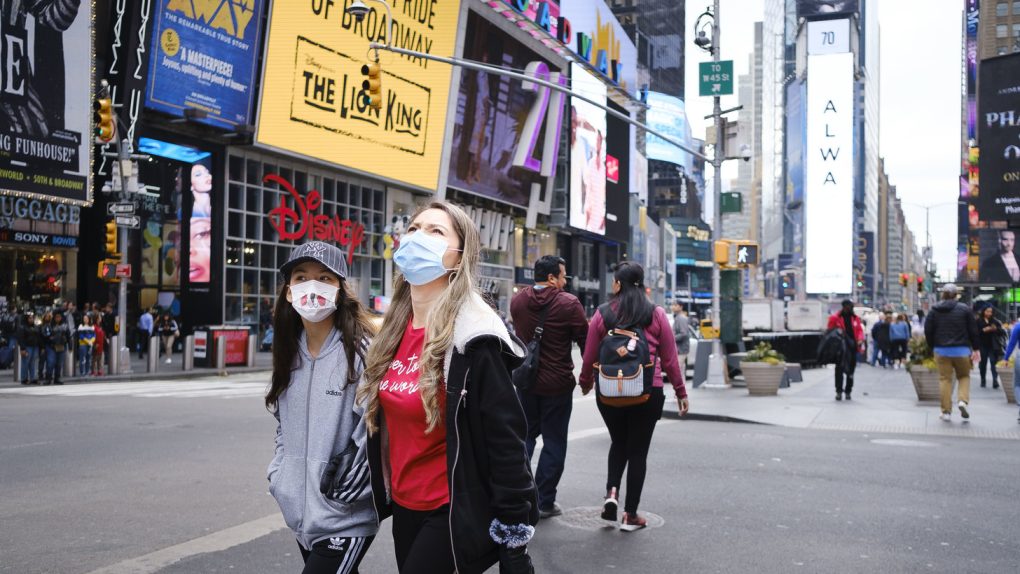- Detecting the novel coronavirus infection isn’t the only thing healthcare professionals are interested in. It’s as important to test COVID-19 immunity to determine the actual number of people who have had the disease in a community.
- Immunity testing could open the door to so-called “immunity passports” that demonstrate the bearer has survived the infection.
- However, it’s not known how long COVID-19 immunity lasts, and additional measures will have to be put in place to reduce the risk of reinfection and contain new outbreaks.
- Visit BGR’s homepage for more stories.
The only way to defeat the novel coronavirus for good is to gain long-lasting immunity to the disease. One way to do it is to survive COVID-19. Your body has the weapons to fight off the infection, and in most cases, it’ll prevail against the disease. The other way to develop immunity is to get a vaccine that can boost the immune system’s defenses. The more people build resistance, the harder it is for the virus to spread and the safer it is for the world to get back to normal, or at least close to it. It might not be the life we had before, but social distancing measures will be eased so that more people can go back to work in the coming months. Lifting lockdowns should only be done at the advice of healthcare professionals who know what they’re doing when it comes to dealing with a pandemic. And that’s where immunity testing might play a role in the months ahead.
You may have heard of a so-called “immunity passport,” which would be a certification that a person is immune to COVID-19. Some countries, including Germany, Italy, UK, and the US, are already considering it, and there could be several advantages for such a policy. But it could also backfire spectacularly if it’s not done right.
An immunity passport will tell everyone that you’ve had the disease, and therefore you can perform your job despite risks. You shouldn’t be able to contract the disease, and you won’t be able to pass it on to others if you’re immune. People working in critical sectors, including healthcare workers, first responders, police, army, and essential services, could all benefit from such policies. A grocery store worker who had the disease would be less anxious to interact with potential COVID-19 carriers, and he or she would be less of a risk for anyone else.
An immunity passport could also help with traveling to regions that could experience outbreaks and could motivate survivors to donate antibodies-rich plasma to COVID-19 patients to speed up their recovery.

However, there’s a critical answer that scientists can’t provide. How long does immunity last? That’s the most important detail for getting back to a new type of normal until the vaccine arrives. We already have a study that says reinfection isn’t possible after recovery. But that’s a study that looked at monkeys, and only looked at immunity after about a month. The study also doesn’t explain why so many COVID-19 patients in various countries tested positive again.
Scientists hope the novel coronavirus provides the same immune response as its SARS and MERS cousins. Per The New York Times, that’s anywhere from one to eight years. Considering that a vaccine is anywhere from 12 to 18 months away, a COVID-19 immunity of at least a year would definitely come in handy.
For an immunity passport to work, we’d have to keep studying the evolution of COVID-19 immunity. Other mandatory policies might have to be introduced to reduce the likelihood of a COVID-19 survivor to be reinfected. Simple things like mandating the use of a mask and regular temperature checks could be combined with requiring repeated immunity tests. Immunity passport holders should be required to go through an immunity test every month, where doctors would search for the same COVID-19 antibodies, and observe changes compared to the previous readings. A plasma treatment program in New York does immunity tests on donors, and they’re not just looking for antibodies, they also measure the strength of the immune system’s response.
Using tech and gadgets, like the kind of apps Apple and Google are developing, could also help governments track new outbreaks, and see whether any patients who were believed to be immune were reinfected.
Dr. Anthony Fauci said earlier a few days ago that the first immunity tests will be available next week. “As we look forward, as we get to the point of at least considering opening up the country as it were, it’s very important to appreciate and to understand how much that virus has penetrated this society,” Fauci said. “It’s very likely that there are a large number of people out there that have been infected, have been asymptomatic, and did not know they were infected.”

These tests are not to be confused with the tests that tell you if you’ve got COVID-19. The latter tests look for the presence of the coronavirus use nasal or pharyngeal swabs. The immunity tests look at the contents of the blood for immunity traces. The same Times report explains that three types of antibodies could be detected following an infection, three immunoglobulins called IgM, IgG, and IgA, and not all tests look for the same compounds:
The first type of antibody to appear is called immunoglobulin M or IgM, and its levels spike within a few days of infection. But IgM is a generic fighter. To target and destroy a specific virus, the body refines it into a second type of antibody, called immunoglobulin G, or IgG, that can recognize that virus.
IgA appears in the mucosal tissues like the inner lining of the lung, which is where the primary battle between the virus and the body occurs.
Immune T-cells may also be involved in the body’s defense, but scientists are only starting to figure out how it all comes together. All these antibodies aren’t specific to COVID-19, and they’ll appear in other infections. The presence of a single type of immunoglobulin isn’t enough to guarantee COVID-19 immunity or predict the strength of the immune response. Scientists will have to study and explain what immunity really means before immunity passports can be considered.
Fauci confirmed that immunity passports are considered, but he made it clear that a cautious approach is required. “You know, that’s possible,” he told CNN. “I mean, it’s one of those things that we talk about when we want to make sure that we know who the vulnerable people are and not. This is something that’s being discussed. I think it might actually have some merit, under certain circumstances.”

Those immunity tests need to be foolproof too, and that’s not currently the case for all serology tests out there. The UK confirmed that some of the initial immunity tests it had conducted returned false negatives and false positives. If a test isn’t reliable, it’ll either not detect antibodies, or it will mistakenly recognize them. This sort of issue could have a considerable impact on communities. If a grocery store clerk is told they’re not immune when they’ve, in fact, survived the disease, they might not be able to return to their job. If the person thinks they’re immune when that’s not the case, it’s just as bad. He or she could be less careful, they could be infected and become contagious themselves.
Whether countries go for immunity passports or not, immunity tests will have to be performed widely. That will be the only way to determine how much of the population has been infected with COVID-19. Detecting the disease is a problem in many countries as there aren’t enough tests to go around, and only people who show symptoms might be eligible. People who recover on their own while self-isolating will only be able to confirm they’ve had COVID-19 with the help of an immunity test. France, for example, might have a caseload of almost 1.7 million people according to estimates. But the country only confirmed 90,677 cases as of Saturday morning.
One other reason to consider before issuing any sort of immunity passport is abuse. These certificates should be done in such a manner that they can’t be forged, which would be a huge issue. People who didn’t have the disease might be incentivized to fake immunity certificates, which could endanger their lives and others. Also, these immunity certificates should be recognized globally, which means that organizations like the local CDCs and the WHO might have to be involved so that COVID-19 immunity certification can be verified with ease.
What is clear is that tracking COVID-19 immunity in the coming weeks and months will be a key priority for governments, as that will be the only way to attempt to return to some sense of normalcy and reduce the risk of new outbreaks until a vaccine is widely available.








